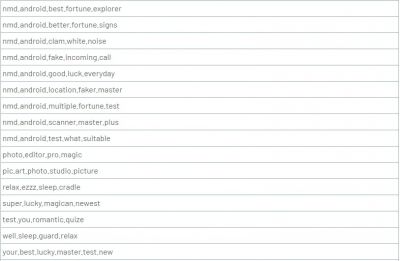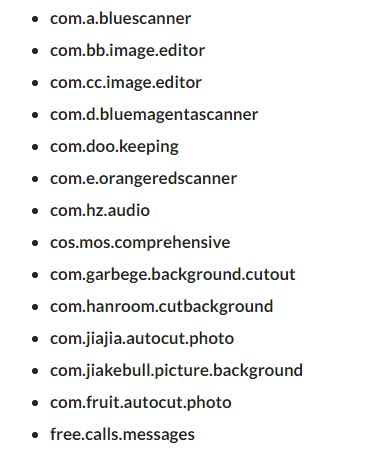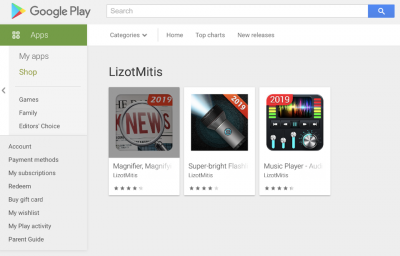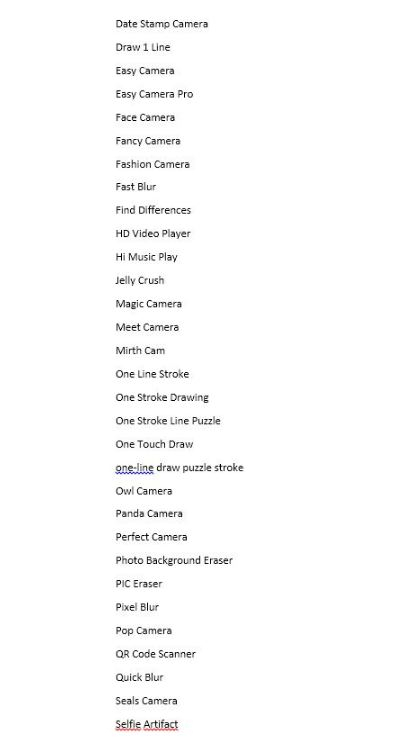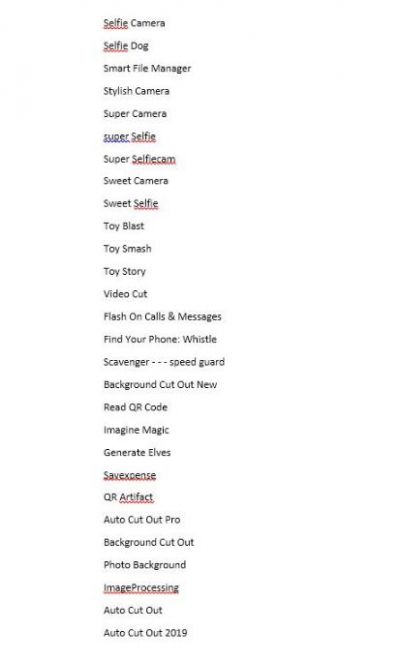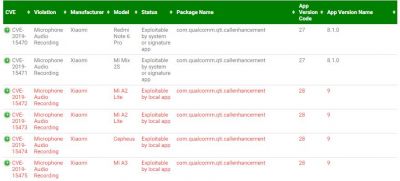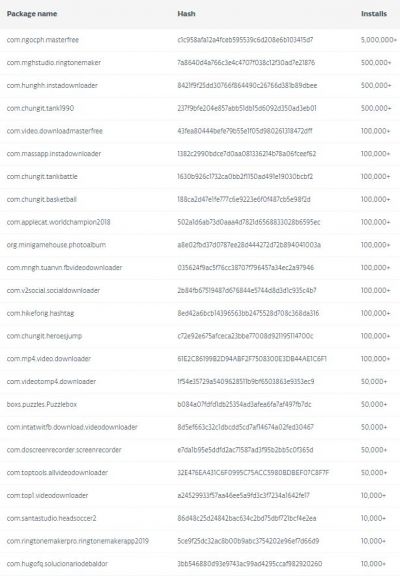Even though you are in holiday mode, you should not forget that your smartphones are more vulnerable to malware attacks now to hacking at any time which may cause privacy violation as well as data theft. This year alone there were multiple incidents of malicious software being found on Play Store.
Even though such findings do not surprise many anymore, as experts already stated, Android is more vulnerable to such malware attacks since researchers noticed that the malicious apps disguising themselves as authentic applications are finding room in Google's own market place.
Malicious apps in Play Store

Essentially because Android device's security is far too weak compared to Apple's iOS. But in the case of malware, Apple is also falling in the same category after experts revealed recently about 17 such apps in App Store. However, in case of iOS vs Android, who got affected by more malware apps, Android emerges ahead.
Several researchers from around the world revealed hundreds of names of the malicious apps which they found in Play Store. While explaining how these malicious apps work, they clearly mentioned that after installation some invite other malicious apps, some apps bombard user's phone with several advertisements. These malicious apps downloaded by millions maybe from Play Store but capable of hiding themselves from being noticed by the smartphone user.
Recently, security firm White Ops found 116 malicious apps in Play Store, downloaded by over four million people. These apps are using their victims' phones to commit ad fraud and using two types of code nicknamed "Soraka" and "Sogo," which allow the programs to display ads that occupy the whole screen, regardless of a user's settings.
Google on Malware attack
As of now, Google took most of these apps down but some of them are still found in Play store. Recently, when Google was alerted to a new threat called Venus malware, it removed only one app among eight. In another case, Hornet's Nest malware was found by researchers that is capable of deploying six malware exploits in one go that includes cryptominers, infostealers, cryptostealer and an RDP backdoor.
While talking about malware attacks another name also comes to mind -- Agent Smith. This malware was first detected by the IT security company Check Point. It targets android phones to bombard with advertisements and is also capable of targeting installed applications on android phones to ensure that the malware infection stays the same.
Apps you should not have
It is pretty clear that in terms of malware attacks on android phones, 2019 is terrible as millions of people had been using those malicious apps without knowledge. It should be understood that even though many inspirational changes in technology took place this year, nothing has changed in terms of Android vulnerability and malicious apps on Play Store.
So, here IBTimes SG is sharing a complete list of malicious apps, which may steal your documents and personal details without your knowledge. If you want to secure your privacy from the organizers of these apps, then delete these mentioned apps as soon as possible.


